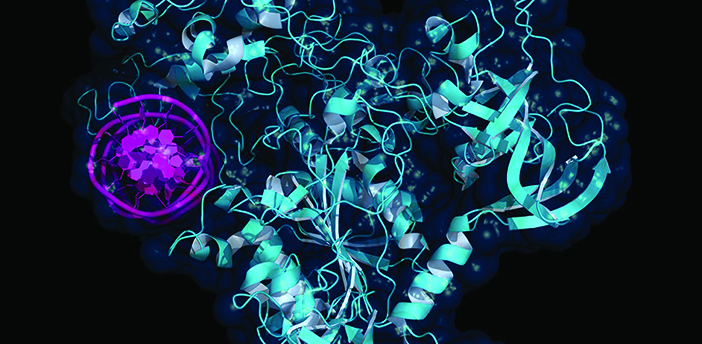State-of-the-art mass spectrometer at Brown will support new discoveries on diseases and potential treatments.
A new mass spectrometer is coming to Rhode Island to advance research in cancer biology, aging, neurodegenerative diseases, immunology, infectious diseases, and other fields.
With a $1.2 million grant from the National Institutes of Health, Brown University will acquire an Orbitrap Ascend Tribrid mass spectrometer—a state-of-the-art analytical tool that scientists can use to sequence and quantify proteins as they study cell biology underlying diseases.
The technologically advanced, highly sensitive instrument will enable single-cell protein analysis at a rapid speed, says Arthur Salomon, PhD, professor of molecular biology, cell biology, and biochemistry and of chemistry.
“This single-cell analysis capability doesn’t currently exist at Brown, and it’s essential for understanding the biology of disease,” he says, noting that analyses that currently require up to four hours will take about 30 minutes with the new technology, which will also offer unprecedented sensitivity and accuracy.
Salomon is the faculty director of Brown’s Proteomics Core Facility and is the principal investigator for the federal grant. Proteomics is the study of the structure and function of proteins, and the facility provides proteomics instruments and expertise to researchers from Brown and others in the Rhode Island scientific community.
The acquisition of the mass spectrometer will enhance the facility’s capabilities and enable cutting-edge research in major disease areas, Salomon explains. For example, in support of the Legorreta Cancer Center at Brown, the instrument will benefit cancer biology research, where the ability to detect and quantify specific proteins and their modifications is critical for understanding disease mechanisms and developing new therapies.
It will also assist with research at the Center on the Biology of Aging and the Carney Institute for Brain Science, where identifying disease-related biomarkers from samples is essential. In immunology and infectious disease research, Salomon says the system will enable the identification and quantification of immune system proteins and parasite- or pathogen-derived molecules, aiding in the development of vaccines and therapies.




